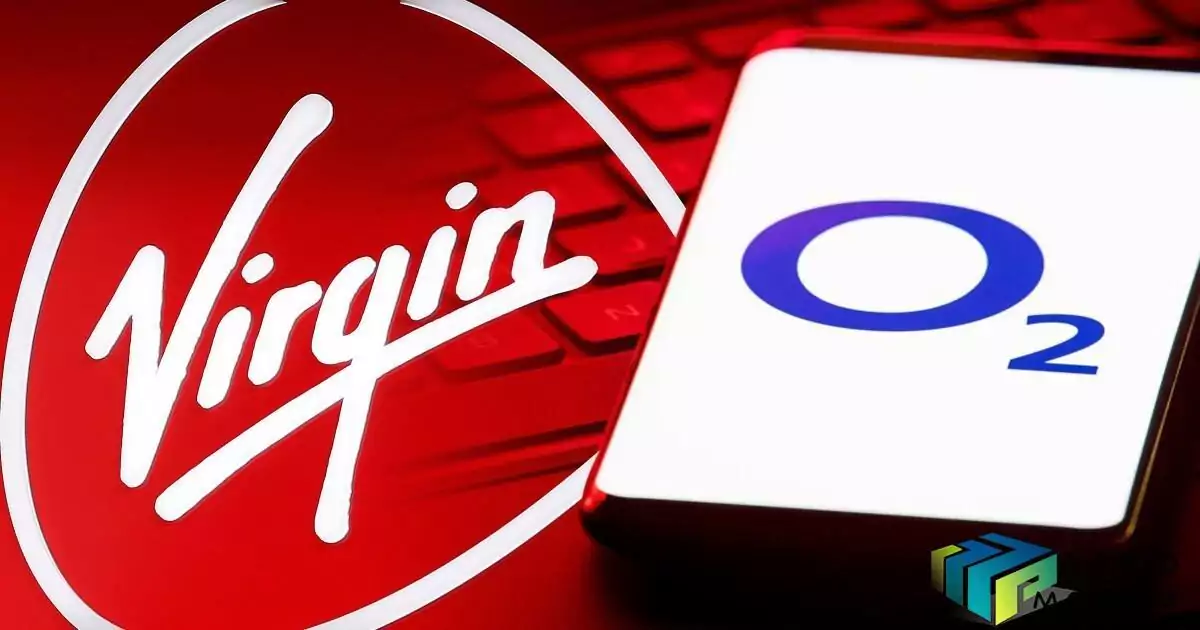The Competition and Markets Authority (CMA) has approved the proposed £31bn merger between Virgin Media and O2 following an extensive investigation focusing on wholesale services.
In May 2020, Virgin Media owner Liberty Global and O2 owner Telefonica announced that they were amid talks to merge to form a telecoms giant with an estimated worth of £31bn. The merger will bring together O2’s more than 35 million mobile network customers (including Giffgaff and Tesco Mobile users) with Virgin’s more than five million broadband, television, and mobile users. This will create a “full converged platform” for customers, the companies said.
The merger is the largest in the UK telecommunications industry since BT bought EE in 2015 for £12.5bn. It will create one of the largest telecommunications companies in the world and a powerful rival for BT, while leaving Vodafone and Three as the only mobile network operators without their own consumer broadband service.
However, the CMA has approved the deal, with its in-depth investigation coming to the conclusion that claims customers would experience higher prices from the merger were unfounded.
The CMA was handed responsibility for the investigation from the European Commission in November after it requested to handle the case on the basis of the merger having a large effect on British consumers. It said at the outset of the investigation that it would focus on potential concerns regarding wholesale services and not overlapping retail services such as mobile, due to the small size of Virgin Mobile.
Both Virgin and O2 offer wholesale services to several mobile operators in the UK, with Virgin offering wholesale leased lines and O2 offering its mobile network to companies without their own mobile infrastructure, such as Giffgaff.
The merger was referred to a group of independent CMA Panel members for an in-depth Phase 2 investigation. The Group has concluded that the deal is unlikely to lead to any substantial lessening of competition for a number of reasons:
- The costs of leased lines are only a relatively small element of rival mobile companies’ overall costs, so it is unlikely that Virgin would be able to raise leased-line costs in a way that would lead to higher charges for consumers.
- There are other players in the market offering the same leased-line services, including BT Openreach – which has a much greater geographical reach than Virgin – and other smaller providers. This means the merged company will still need to maintain the competitiveness of its service or risk losing wholesale custom.
- As with leased-line services, there are a number of other companies that provide mobile networks for telecoms firms to use, meaning O2 will need to keep its service competitive with its wholesale rivals in order to maintain this business.
According to the investigation, the costs of leased lines are only a relatively small element of rival mobile companies’ overall costs, so it is unlikely that Virgin Media would be in a position to raise leased-line costs in a manner that would impact consumers; competitors in the market offer the same leased-line services, including BT, they said. The CMA added that O2 would need to remain competitive with its wholesale rivals due to strong competition.
The deal had been provisionally approved last month, with confirmation coming this week.
“O2 and Virgin are important suppliers of services to other companies who serve millions of consumers,” said Martin Coleman, who chaired the CMA investigation.
“It was important to make sure that this merger would not leave these people worse off, that’s why we conducted an in-depth investigation.
“After looking closely at the deal, we are reassured that competition among mobile communications providers will remain strong and it is therefore unlikely that the merger would lead to higher prices or lower-quality services.”
Liberty Global CEO Mike Fries and Telefonica head Jose Maria Alvarez-Pallete said in a statement:
“This is a watershed moment in the history of telecommunications in the UK as we are now cleared to bring real choice where it hasn’t existed before, while investing in fibre and 5G that the UK needs to thrive.”
The Virgin Media and O2 transaction is expected to close by June 1, 2021. As the deal isn’t yet complete, there’s no change for customers for now as O2 and Virgin Media remain separate businesses. The two firms are also yet to confirm exactly how it’ll impact customers.
Lutz Schuler, who currently leads Virgin Media in the UK, will become the CEO of the combined Virgin Media-O2 company when the £31 billion merger completes. Elsewhere, Patricia Cobian, CFO for O2, will become the CFO for the joint venture too.



